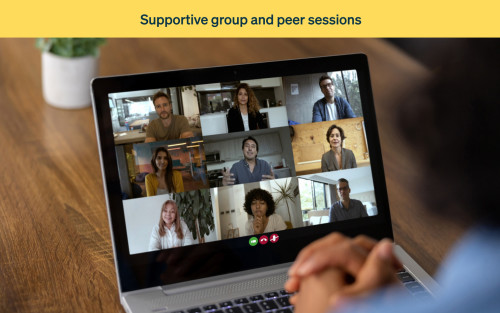





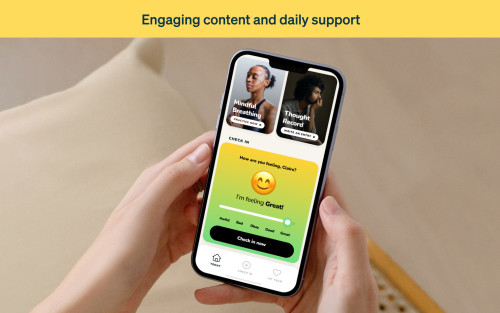
Anonymous Health - Alaska
Treatment Focus
This center treats substance use disorders and co-occurring mental health conditions. Your treatment plan addresses each condition at once with personalized, compassionate care for comprehensive healing.
Primary Level of Care
The delivery of therapeutic services utilizing technology such as video conferencing, online messaging or phone calls, allowing for flexibility, comfort and increased access to care
Claimed
Recovery.com has connected directly with this treatment provider to validate the information in their profile.
Treatment Focus
This center treats substance use disorders and co-occurring mental health conditions. Your treatment plan addresses each condition at once with personalized, compassionate care for comprehensive healing.
Primary Level of Care
The delivery of therapeutic services utilizing technology such as video conferencing, online messaging or phone calls, allowing for flexibility, comfort and increased access to care
Provider's Policy
Anonymous Health accepts most forms of insurance, including Alaska Medicaid.
Anonymous Health - Alaska
Anonymous Health - Alaska
About Anonymous Health - Alaska
Anonymous Health - Alaska provides virtual, outpatient addiction recovery services, treating both substance use disorders and compulsive behaviors. Their approach is private and confidential, keeping clients’ treatment between their doctor and insurance company. They combine effective evidence-based treatments with innovative technology to deliver personalized care. Anonymous Health offers medication-assisted treatment (MAT), individual and group therapy, and support through their dedicated mobile app, making addiction treatment both empowering and convenient. Of the 100s of millions of people who struggle with an unwanted habit or addiction, only a small fraction - just 7% - receive help. At Anonymous Health, we don’t think that’s okay.
"We are excited to help address long-standing capacity and access challenges of addiction care in Alaska," said Medical Director, Dr. Palani Chidambaram. "Our evidence-based teletherapy model uniquely combines whole-person addiction care therapies and is well-suited to adding much-needed counselors and medical providers in Alaska, where 1 in 6 U.S. adults struggles to manage a substance use disorder."
Giving Tools to Fight Back
Anonymous Health is dedicated to empowering individuals to reclaim their lives from addiction and compulsive behaviors. By merging cutting-edge technology with evidence-based treatments, they offer a dynamic mobile app that provides teletherapy counseling and cognitive behavioral therapy (CBT). Their mission is to equip clients with the tools needed to develop healthier habits, effectively manage addictions, and achieve lasting recovery. With continuous support and personalized care, Anonymous Health offers accessible and comprehensive treatment for all users.
Community and Peer Support
Anonymous Health fosters community and peer support through online group therapy sessions that connect clients with peers who share similar challenges. The app provides a platform for continuous interaction, support, and encouragement, helping individuals build a strong recovery network. This sense of community is crucial for long-term recovery, as it offers emotional support, shared experiences, and accountability. By integrating these elements, Anonymous Health offers a supportive space so clients are never alone in their recovery journeys.
Tailored Treatment Programs for Each Client
While Anonymous Health offers solely virtual treatment programs, each program is tailored towards the various addictions of each client, including alcohol, opioids, shopping, pornography, gambling, and more. Their programs include one-on-one teletherapy and group therapy sessions using cognitive behavioral therapy (CBT) and other evidence-based practices that help clients overcome addictions and develop healthier habits. Anonymous Health’s treatment plans can help to overcome co-occurring conditions, in particular, depressive symptoms that are often common in individuals with addiction.
Highlights from the Center
Highlights
These highlights are provided by and paid for by the center.
1-on-1 Counseling
Insurance Accepted
Medically Assisted Detox
Tech Friendly
Center Overview
Treatment Focus
This center treats substance use disorders and co-occurring mental health conditions. Your treatment plan addresses each condition at once with personalized, compassionate care for comprehensive healing.
Insurance Accepted
Cash Pay Rates
Estimated Cash Pay Rate
Center pricing can vary based on program and length of stay. Contact the center for more information. Recovery.com strives for price transparency so you can make an informed decision.
Meet Your Care Team

Dr. Angie Chen
Advisor
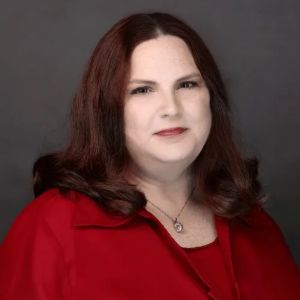
Susan “Becky” Williamson
Counselor

Charlie Engle
Recovery Director and Spokesperson

Dave Cristman
COO & Co-founder

Dr. Palani Chidambaram
Medical Director

Elaine Ho
Nurse Practitioner

Geoff Nudd
CEO & Co-founder

McKenzie Holland
Counselor

Kevin Enloe
Counselor
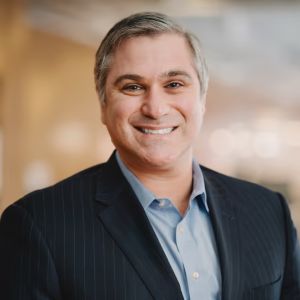
Dr. Ryan Vega
Anonymous Health PC, Owner
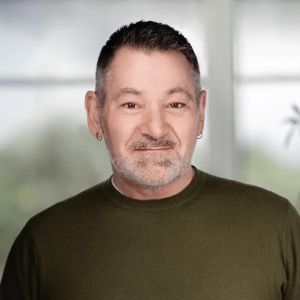
Ryan Ellsworth
Counselor
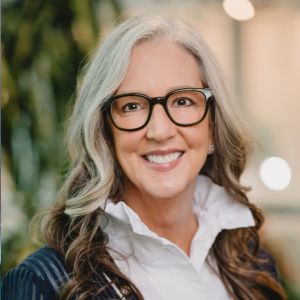
Dr. Joann Schaefer
Outcomes and Value Based Care

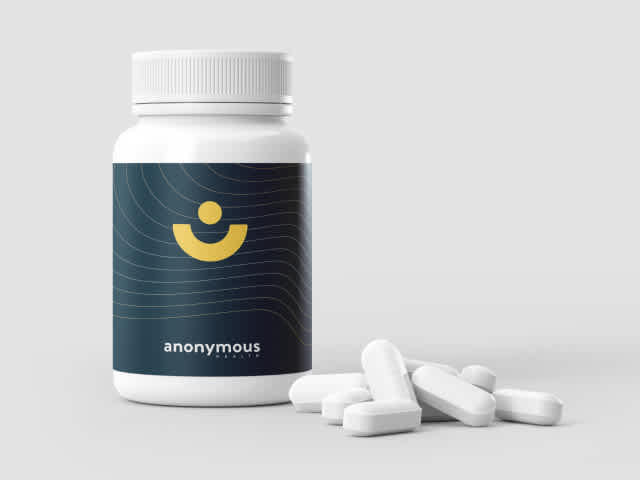
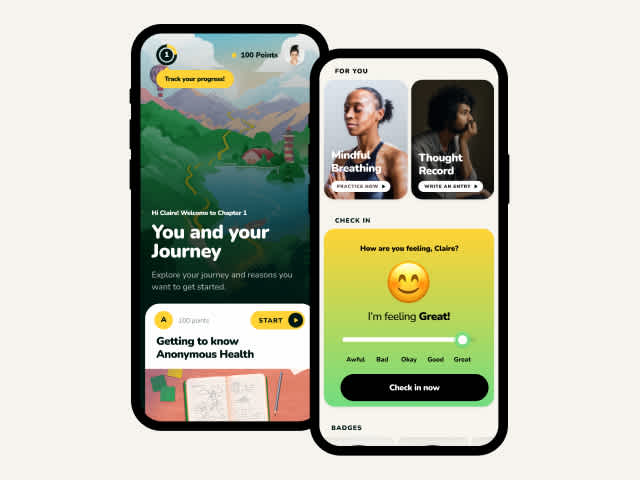

Levels of Care








Your Care Options
Specializations
Drug Addiction
Drug addiction is the excessive and repetitive use of substances, despite harmful consequences to a person's life, health, and relationships.
Gambling
Excessive, repetitive gambling causes financial and interpersonal problems. This addiction can interfere with work, friendships, and familial relationships.
Opioids
Opioids produce pain-relief and euphoria, which can lead to addiction. This class of drugs includes prescribed medication and the illegal drug heroin.
Alcohol
Using alcohol as a coping mechanism, or drinking excessively throughout the week, signals an alcohol use disorder.
Who We Treat
Veterans
Patients who completed active military duty receive specialized treatment focused on trauma, grief, loss, and finding a new work-life balance.
Men and Women
Men and women attend treatment for addiction in a co-ed setting, going to therapy groups together to share experiences, struggles, and successes.
Young Adults
Emerging adults ages 18-25 receive treatment catered to the unique challenges of early adulthood, like college, risky behaviors, and vocational struggles.
Adolescents
Teens receive the treatment they need for mental health disorders and addiction, with the added support of educational and vocational services.
Executives
Executive treatment programs typically directly support the needs of people who manage businesses and may provide flexible schedules and office space to allow work during treatment.
Midlife Adults
For adults ages 40+, treatment shifts to focus on the unique challenges, blocks, and risk factors of their age group, and unites peers in a similar community.
Approaches
Personalized Treatment
The specific needs, histories, and conditions of individual patients receive personalized, highly relevant care throughout their recovery journey.
Evidence-Based
A combination of scientifically rooted therapies and treatments make up evidence-based care, defined by their measured and proven results.
Individual Treatment
Individual care meets the needs of each patient, using personalized treatment to provide them the most relevant care and greatest chance of success.
Therapies
Mindfulness-Based Cognitive Therapy
MBCT combines mindfulness practices—like meditation—with cognitive therapy techniques to help patients work through negative thought patterns.
Seeking Safety
Not looking to the past, patients improve their present circumstances. They work toward safety without detailing traumatic events.
Stress Management
Patients learn specific stress management techniques, like breathing exercises and how to safely anticipate triggers.
1-on-1 Counseling
Patient and therapist meet 1-on-1 to work through difficult emotions and behavioral challenges in a personal, private setting.
Acceptance and Commitment Therapy (ACT)
This cognitive behavioral therapy teaches patients to accept challenging feelings and make the appropriate changes to reach personal goals.
Psychoeducation
This method combines treatment with education, teaching patients about different paths toward recovery. This empowers them to make more effective decisions.
Motivational Interviewing and Enhancement Therapy (MET)
This approach is based on idea that motivation to change comes from within. Providers use a conversational framework that may help you commit to recovery.
Conditions We Treat
Post Traumatic Stress Disorder
PTSD is a long-term mental health issue caused by a disturbing event or events. Symptoms include anxiety, dissociation, flashbacks, and intrusive thoughts.
Anxiety
Anxiety is a common mental health condition that can include excessive worry, panic attacks, physical tension, and increased blood pressure.
Grief and Loss
Grief is a natural reaction to loss, but severe grief can interfere with your ability to function. You can get treatment for this condition.
Depression
Symptoms of depression may include fatigue, a sense of numbness, and loss of interest in activities. This condition can range from mild to severe.
Codependency
Codependency is a pattern of emotional dependence and controlling behavior. It's most common among people with addicted loved ones.
Obsessive Compulsive Disorder (OCD)
OCD is characterized by intrusive and distressing thoughts that drive repetitive behaviors. This pattern disrupts daily life and relationships.
Pornography Addiction
A person with a porn addiction is emotionally dependent on pornography to the point that it interferes with their daily life and relationships.
Gambling
Excessive, repetitive gambling causes financial and interpersonal problems. This addiction can interfere with work, friendships, and familial relationships.
Substances We Treat
Cocaine
Cocaine is a stimulant with euphoric effects. Agitation, muscle ticks, psychosis, and heart issues are common symptoms of cocaine abuse.
Prescription Drugs
It's possible to abuse any drug, even prescribed ones. If you crave a medication, or regularly take it more than directed, you may have an addiction.
Benzodiazepines
Benzodiazepines are prescribed to treat anxiety and sleep issues. They are highly habit forming, and their abuse can cause mood changes and poor judgement.
Ecstasy
Ecstasy is a stimulant that causes intense euphoria and heightened awareness. Abuse of this drug can trigger depression, insomnia, and memory problems.
Co-Occurring Disorders
A person with multiple mental health diagnoses, such as addiction and depression, has co-occurring disorders also called dual diagnosis.
Drug Addiction
Drug addiction is the excessive and repetitive use of substances, despite harmful consequences to a person's life, health, and relationships.
Chronic Relapse
Consistent relapse occurs repeatedly, after partial recovery from addiction. This condition requires long-term treatment.






